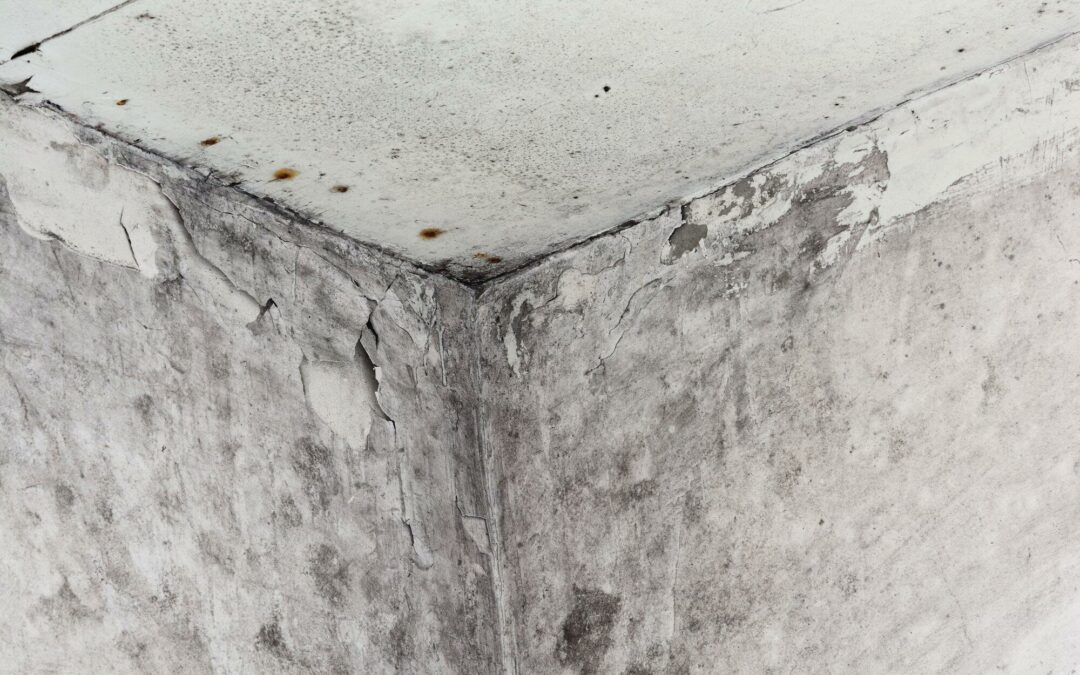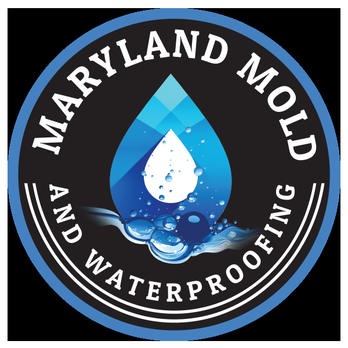Are you wrestling with the decision of how to best protect your basement against moisture intrusion? Basements, the foundations of our homes, are more than just storage spaces or extra rooms. They are the bedrock of our daily lives. Yet, they are often at the mercy of moisture, leading to costly and hazardous problems.
This is where the critical choice between dampproofing and waterproofing comes into play. Both methods offer protection, but understanding their differences is essential for the safety and longevity of your home. While dampproofing might seem sufficient for some, others might need the robust defense that waterproofing offers.
This article sheds light on these two vital methods. We’ll help you determine which one aligns best with your home’s needs and challenges. Let’s dive into the world of moisture control, where the right decision can mean the difference between a damp disaster and a dry, secure haven.
What is Dampproofing?
Dampproofing is a method used to keep out soil moisture from a building. It’s not designed to counteract water pressure, but it does a great job of preventing moisture vapor from seeping through your basement walls.
Think of dampproofing as a basic protective coat. It’s like a raincoat for your house that keeps out light moisture but isn’t meant for heavy downpours.
When we talk about dampproofing materials, we’re often referring to a tar-based or bituminous coating that’s applied to the exterior of the foundation walls. This coating is usually sprayed or rolled on during construction to create a barrier that repels water.
Another common method includes the use of cementitious waterproofing, which is a cement-based solution. These materials are effective in preventing moisture due to their water-resistant properties.
But when is dampproofing enough? It works best in areas with low soil moisture and where there’s no serious water pressure against the foundation. For instance, if you live in a region with minimal rainfall or your home is built on well-drained soil, dampproofing might be all you need to keep that unwanted dampness at bay.
What is Waterproofing?
Waterproofing, on the other hand, takes moisture protection to the next level. Unlike dampproofing, waterproofing is designed to handle both moisture and water pressure.
It’s like building a fortress around your basement to guard against any water intrusion. This is essential in areas where groundwater levels are high or where heavy rains and flooding are common.
The waterproofing materials used are more robust and diverse. These can range from rubberized asphalt, PVC membranes, to liquid rubber that can be applied to the foundation walls.
These materials not only prevent moisture vapor but are also strong enough to resist water under pressure. This is crucial because when water accumulates around your foundation, it exerts hydrostatic pressure. This can lead to serious structural issues if not properly managed.
So, when do you need waterproofing over dampproofing? Waterproofing is the go-to choice in situations where your home is in a flood-prone area, or if you have a basement that’s below the water table.
It’s also essential if you’ve experienced water leakage in the past. Remember, waterproofing might be more of an investment compared to dampproofing, but it offers the peace of mind that your home is fully protected against the challenges posed by excess water.
Factors Influencing Your Choice
When deciding between dampproofing and waterproofing, several key factors come into play. The first and perhaps most significant factor is the climate of your area.
In regions with high rainfall or where basements are prone to flooding, waterproofing becomes a necessity. On the other hand, in dryer climates with less rainfall, dampproofing might suffice.
Soil conditions around your home also play a crucial role. Soil that retains a lot of water, like clay, can exert more pressure on your foundation walls which makes waterproofing a wise choice. In contrast, sandy or gravelly soil that drains well might only require dampproofing.
Another factor to consider is how you use your basement. If it’s a living space or used for storage, keeping it dry is paramount. In such cases, waterproofing offers the best protection against moisture and water damage.
However, for a rarely used or unfinished basement, dampproofing might be enough.
It’s also vital to get a professional assessment. A professional can evaluate your home’s specific needs. They’ll take into account several factors to recommend the best damp-proofing methods or waterproofing solutions. This might include:
- Foundation type
- Age and condition of the building
- Water table level
- Previous water damage history
- Landscaping and exterior drainage
- Future plans for the basement
Costs and Longevity Considerations
When it comes to the costs of dampproofing versus waterproofing, there’s a notable difference. Generally, dampproofing is less expensive than waterproofing. This is because dampproofing materials and methods are simpler and require less labor.
Dampproofing is often part of the standard construction process, while waterproofing is an additional step with more complex materials and installation.
In terms of longevity and durability, waterproofing typically offers a longer-lasting solution. While dampproofing can prevent moisture penetration effectively under certain conditions, it may not withstand severe water pressure or prolonged exposure to moisture.
Waterproofing, with its robust materials and comprehensive application, provides a more durable barrier against water. This makes it a long-term solution, especially in areas prone to water issues.
The investment in waterproofing might seem higher initially, but its durability often makes it more cost-effective in the long run. Frequent repairs and the potential damage from water issues with dampproofing can add up. This makes waterproofing a wise financial decision for many homeowners.
Protect Your Home’s Foundation
After exploring the nuances of dampproofing and waterproofing, it’s clear that the right choice can significantly impact the health and durability of your foundation walls. Maryland Mold and Waterproofing stands as your expert guide in navigating these crucial decisions.
With our specialized knowledge in both dampproofing materials and waterproofing materials, we ensure that your home, whether it has a concrete foundation or masonry foundation, remains dry and protected. Reach out to us for a free estimate and make the first step towards a safer, moisture-free home.
John Rivers is the guiding force behind Maryland Mold and Waterproofing, specializing in comprehensive waterproofing and mold remediation services. With a focus on protecting buildings from the damaging effects of water and mold, John has established the company as a leader in creating safe, dry, and healthy living environments. His commitment to using advanced techniques and materials ensures effective solutions for every project. Maryland Mold and Waterproofing is dedicated to educating clients on the importance of moisture control and mold prevention, offering expert advice and services to address and prevent these issues effectively.



